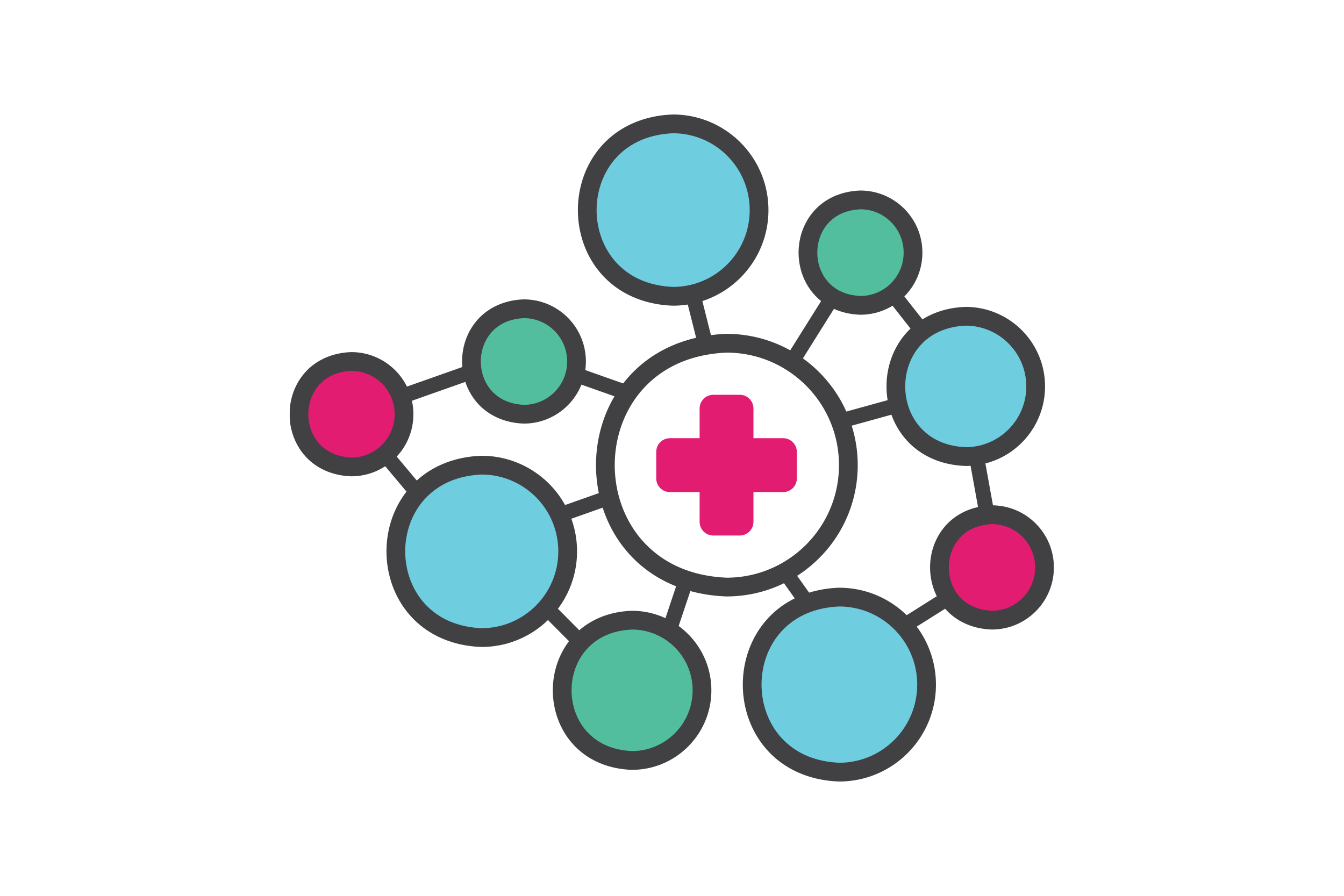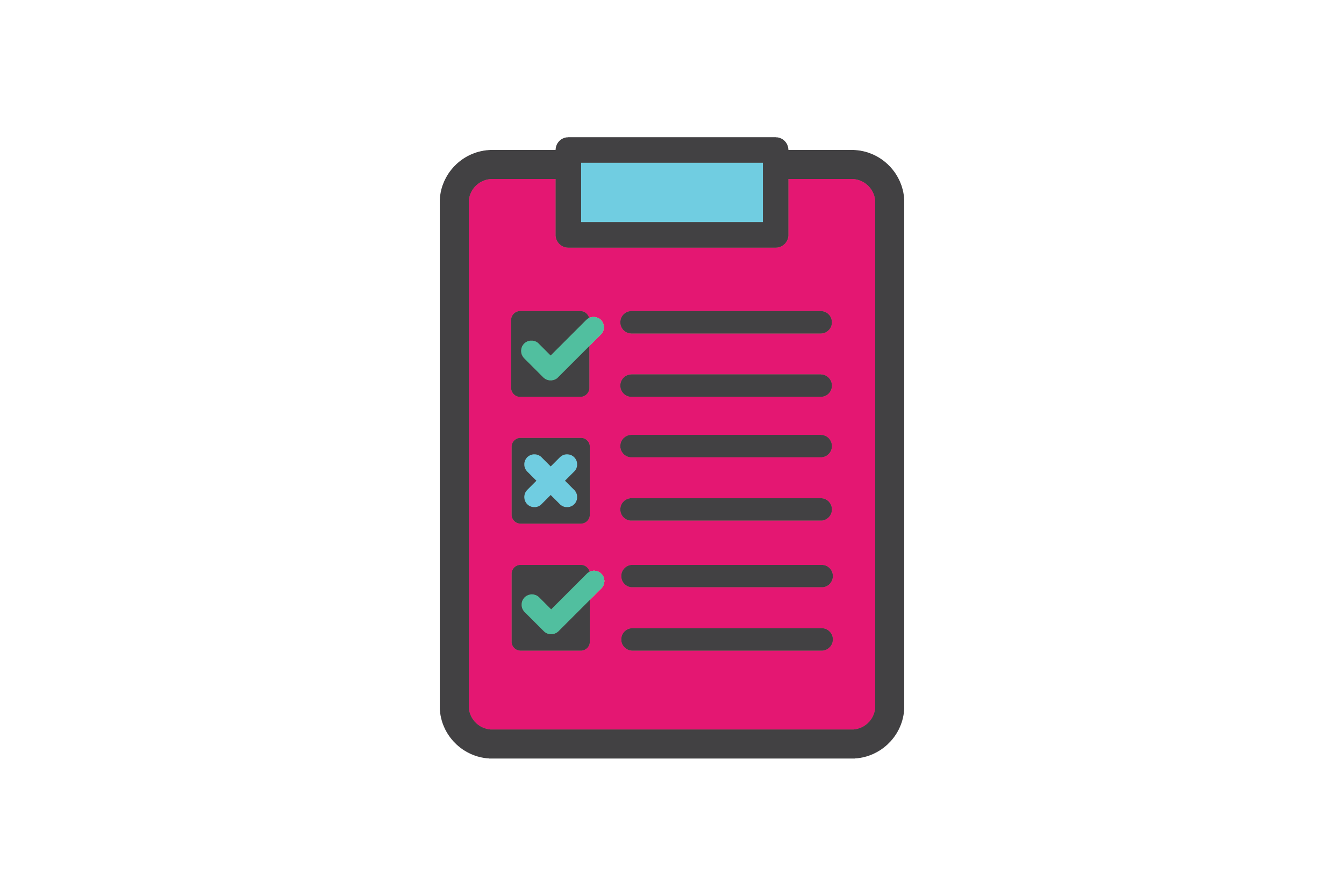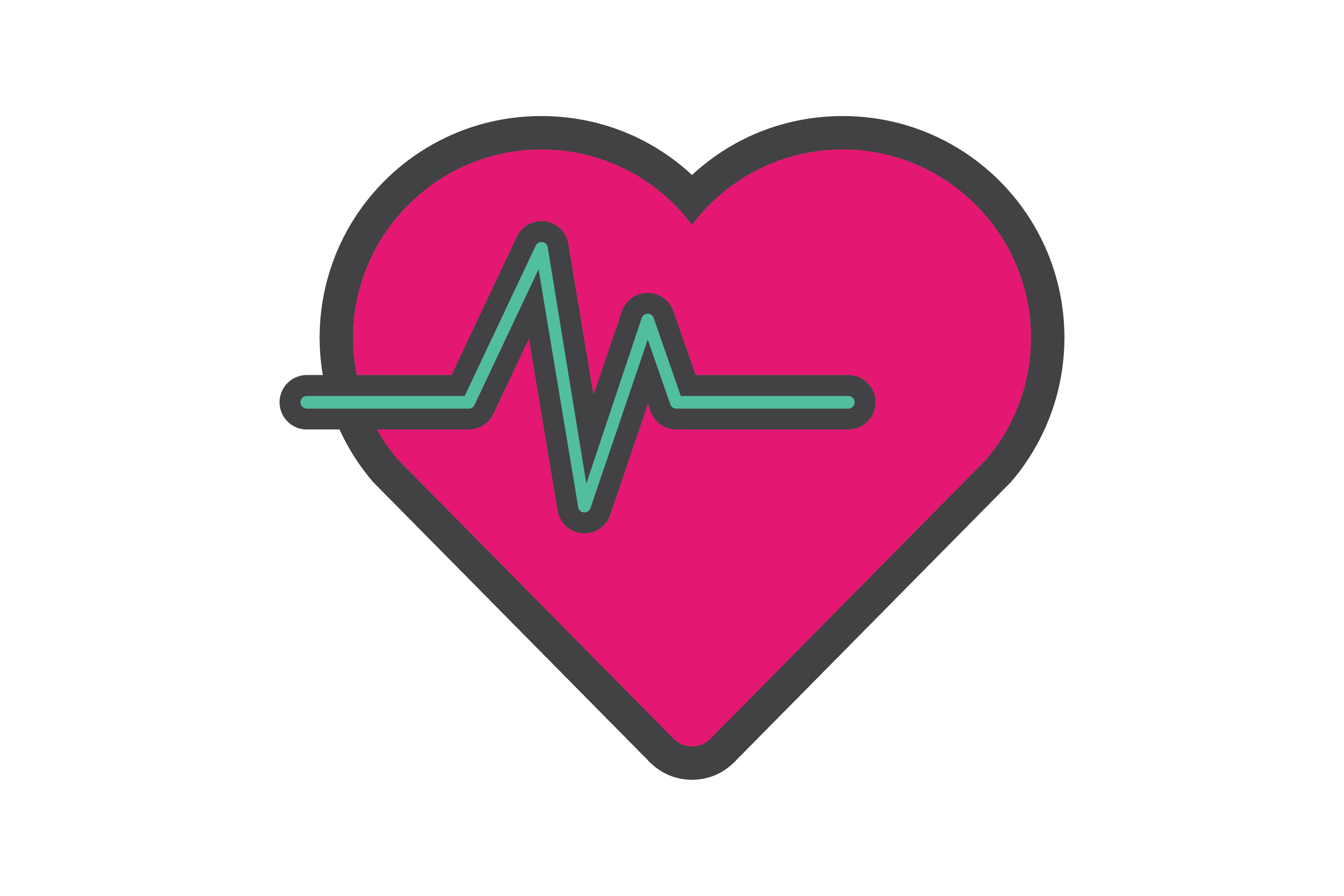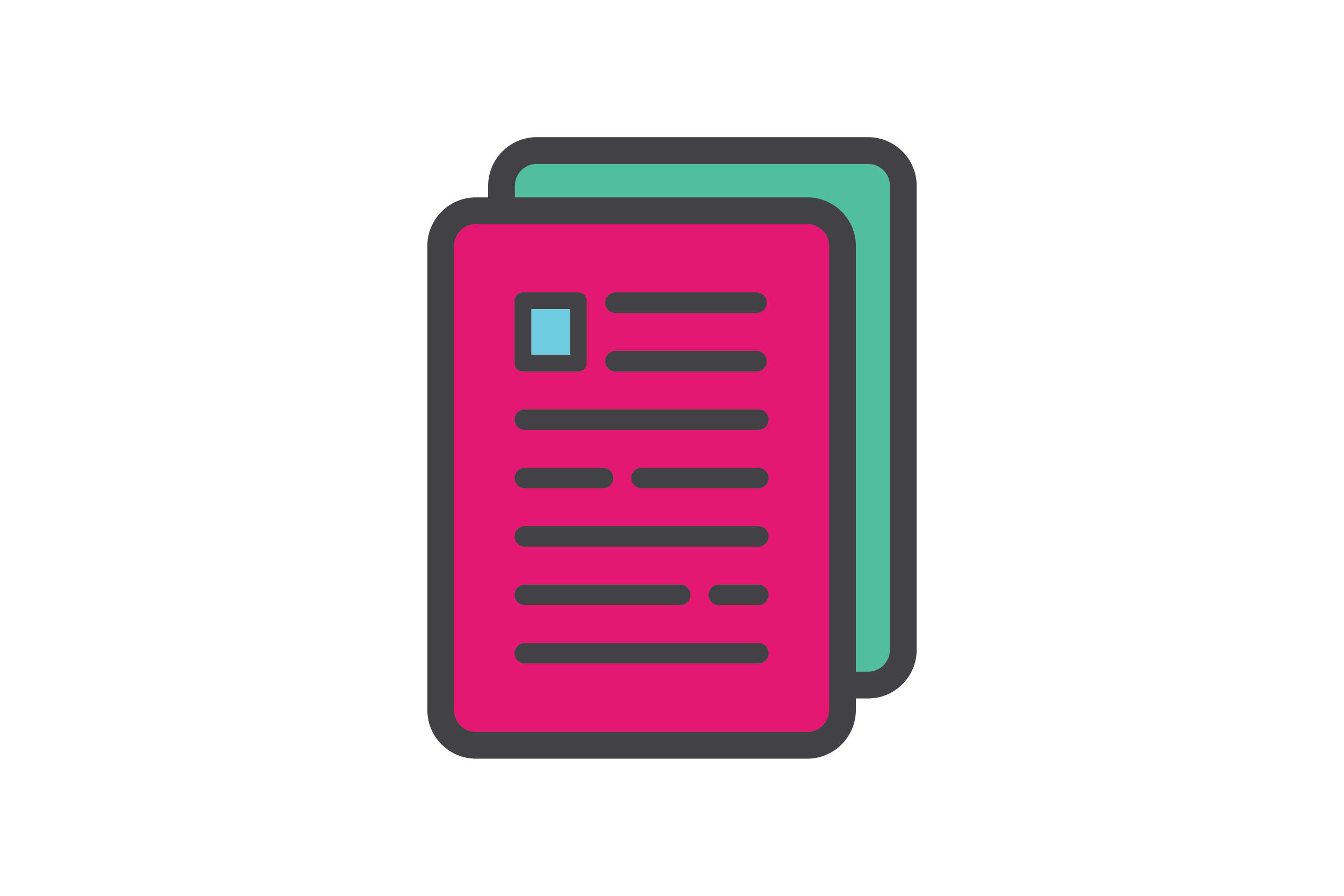Randomized Trial of the Choosing Wisely Consumer Questions and a Shared Decision-Making Video Intervention on Decision-Making Outcomes – Muscat et al.
Reducing low-value health services is a complex issue, with significant clinical and health policy implications. This is the first randomized study to demonstrate that the consumer Choosing Wisely questions and a video intervention to promote question asking and engagement in SDM may improve participants’ intention [...]






